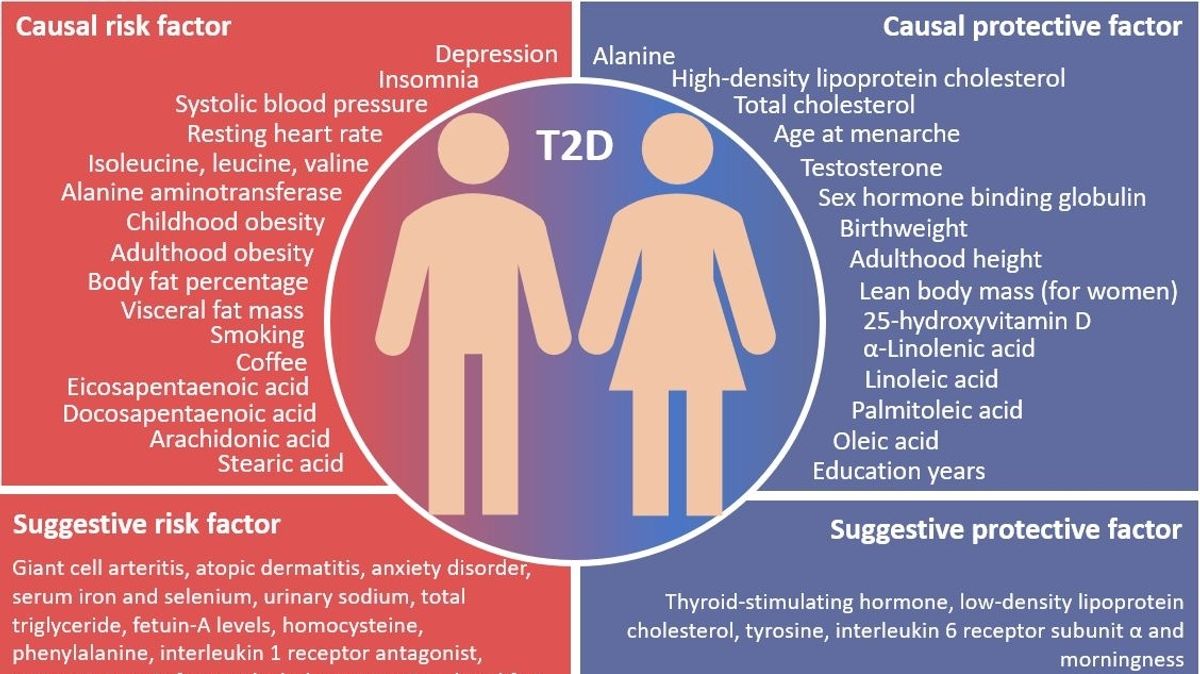
A recent study conducted by Uppsala University in Sweden has highlighted a concerning link between insufficient sleep and an increased risk of developing type 2 diabetes, underscoring that even those with healthy eating habits are not immune. Despite maintaining a nutritious diet, adults who sleep for only three to five hours a day face a significantly higher risk of developing the condition. This research, which tracked the health outcomes of nearly half a million participants over a decade, points to the critical need for a holistic approach to diabetes prevention that includes adequate sleep.
Uncovering the Sleep-Diabetes Connection
The study, published in JAMA Network Open, delves into the relationship between sleep duration and the risk of type 2 diabetes. By analyzing data from nearly 247,900 participants in the UK Biobank study, researchers discovered that individuals sleeping less than six hours per night were nearly twice as likely to develop diabetes compared to those who managed seven to eight hours of sleep. This increased risk persists even among individuals adhering to a healthy diet, indicating that dietary habits alone are insufficient to mitigate the heightened diabetes risk associated with poor sleep.
Implications for Public Health
The findings from Uppsala University serve as a potent reminder of the multifaceted nature of diabetes risk factors. While diet and exercise are well-established components of diabetes prevention, this study introduces sleep as a critical, yet often overlooked, element. It emphasizes the necessity of integrating sleep quality into public health strategies aimed at curbing the diabetes epidemic. The research also sheds light on the potential mechanisms linking inadequate sleep to metabolic dysregulation, suggesting that sleep deprivation may impair the body’s ability to regulate blood sugar effectively.
Addressing the Challenge
Given the study’s findings, it is clear that public health messages and individual wellness strategies need to prioritize sleep as a fundamental component of diabetes prevention. This involves not only highlighting the importance of sufficient sleep but also addressing common barriers to good sleep hygiene, such as stress, screen time before bed, and inconsistent sleep schedules. Health professionals are encouraged to discuss sleep habits with their patients as part of a comprehensive approach to managing diabetes risk.
Reflecting on the implications of this research, it becomes evident that tackling the diabetes epidemic requires a broadened perspective that includes sleep as a pillar of health, alongside diet and physical activity. By embracing a more holistic approach to wellness, society can better safeguard against the growing threat of diabetes and enhance the overall well-being of individuals across the globe.
